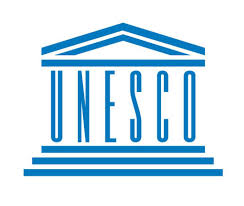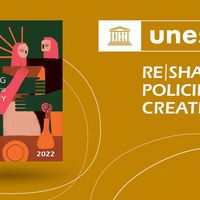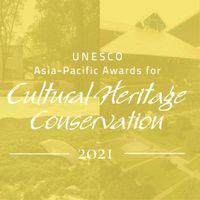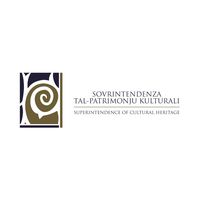UNESCO's Work on Culture and Sustainable Development Evaluation of a Policy Theme | report

Evidence was collected through a mix of methods, which included a desk study, phone/Skype and in person interviews with over 250 stakeholders from UNESCO, Governments, civil society, experts, and others; and six field missions to the following countries: Bosnia and Herzegovina, Ecuador, Ethiopia, Palestine, Senegal and Viet Nam.
The Findings and conclusions include:
- Narratives on culture and sustainable development
- Inter-sectoral cooperation
- A systemic approach to the policy field of culture and sustainable development
- The intrinsic value of culture as a dimension of sustainable development
- Implementation
- Beyond 2015
The exploration of the relationship between culture and sustainable development, including of cultural values and the intrinsic value of culture, and of culture as a potential separate pillar of sustainable development, has been going on for several decades. In recent years this question has somewhat been over-shadowed by UNESCO’s efforts to demonstrate how culture drives social, environmental, and economic development as well as peace and security. It could, of course, be argued that the intrinsic value of heritage and of cultural expressions is what the three culture conventions discussed in this report are all about, that the intrinsic value is therefore somewhat obvious, and that, because the link of culture and sustainable development is less obvious, emphasis is currently being put on demonstrating the latter. This argumentation is, however, different than saying that culture is an aim in itself not only for heritage / creativity purposes, but also from a sustainable development perspective. In other words, culture, by contributing to the intellectual, emotional, moral and spiritual wellbeing of people, and by enabling everyone to exercise their human rights, including their cultural rights, also contributes to sustainable development.
Download the report here
Similar content
posted on
17 May 2016
posted on
08 Feb 2022
posted on
27 Nov 2019
deadline
31 Jul 2021
posted on
13 Apr 2018
deadline
06 Dec 2017






